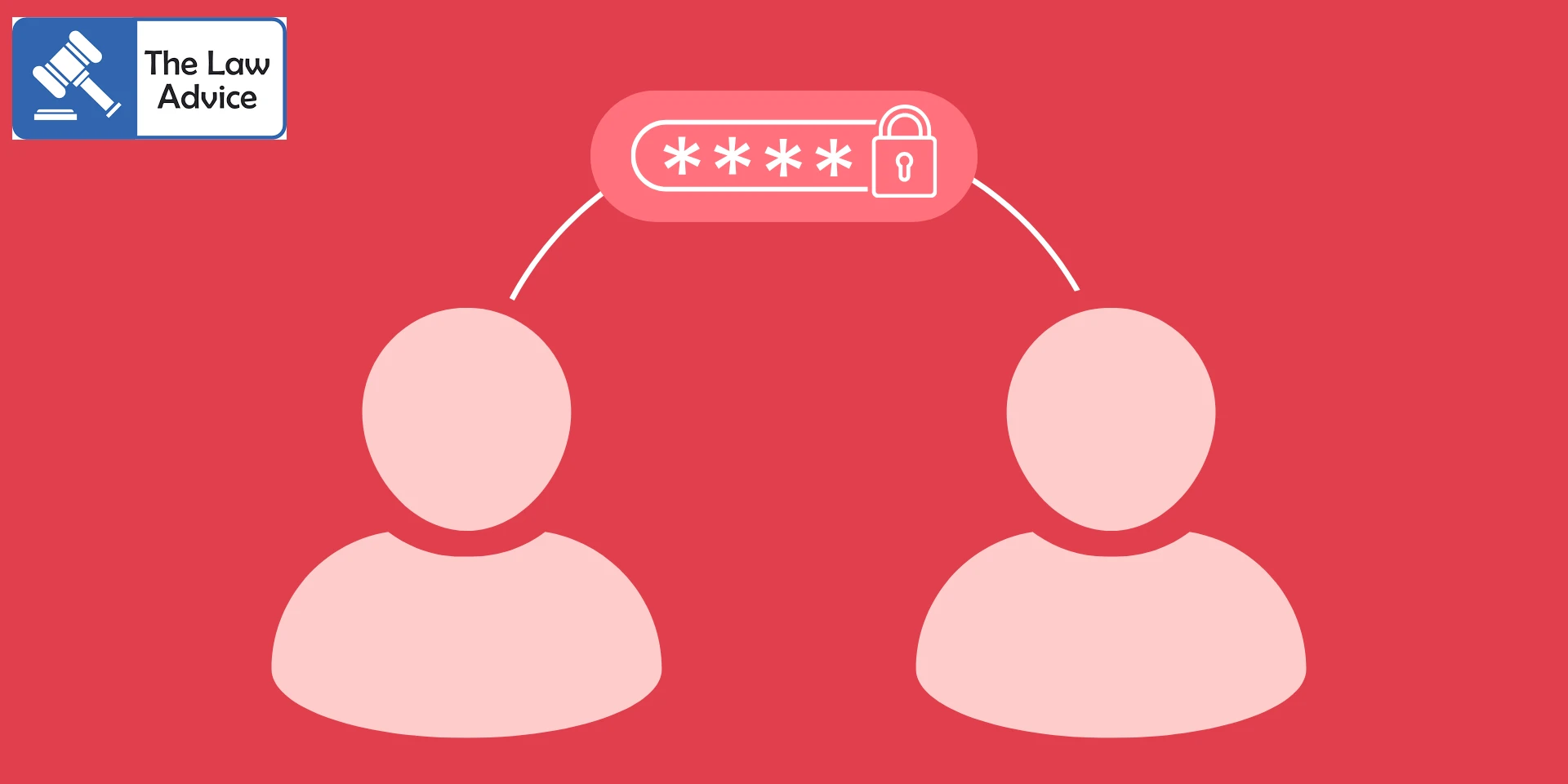
The Chhattisgarh High Court has ruled that a husband cannot compel his wife to share her mobile phone or bank account passwords, holding that such demands violate her right to privacy and may amount to domestic violence.
Justice Rakesh Mohan Pandey observed that while marriage entails mutual trust and shared responsibilities, it does not strip individuals of their fundamental right to privacy.
“Marriage does not grant the husband automatic access to the wife’s private information, communications, or personal belongings. Compelling the wife to disclose her passwords would amount to a violation of privacy and potentially domestic violence,” the Court said.
The Court also underlined the need to strike a balance between marital transparency and individual autonomy.
The ruling came in a case where the petitioner-husband sought divorce under Section 13(1)(i-a) of the Hindu Marriage Act on grounds of cruelty. The wife denied the allegations. During the proceedings, the husband approached the Senior Superintendent of Police (SSP), Durg, seeking his wife’s call detail records (CDR) on the basis of vague suspicions about her character. He also filed a similar application before the family court, which was rejected.
Challenging that rejection before the High Court, the husband’s plea was once again dismissed. The Court held that general suspicions cannot override an individual’s right to privacy.
Citing landmark Supreme Court decisions in K.S. Puttaswamy v. Union of India, People’s Union for Civil Liberties, and Mr. X v. Hospital Z, the High Court reaffirmed that the right to privacy under Article 21 of the Constitution includes the sanctity of marriage and personal intimacy.
“The right to engage in mobile conversations in the privacy of one’s home or office without interference is certainly protected under the right to privacy. Such conversations are often intimate and confidential in nature and constitute an important facet of a person’s private life,” the Court observed.
Accordingly, the High Court declined to direct the release of the wife’s call records.
Advocate Aman Tamrakar appeared for the petitioner.
Website designed, developed and maintained by webexy